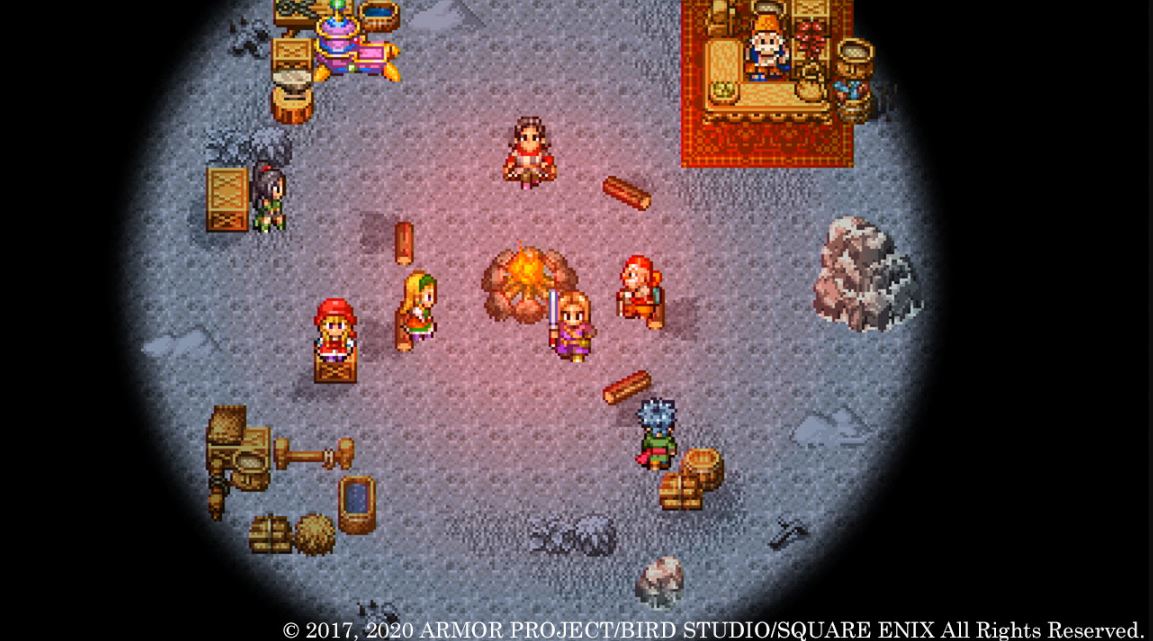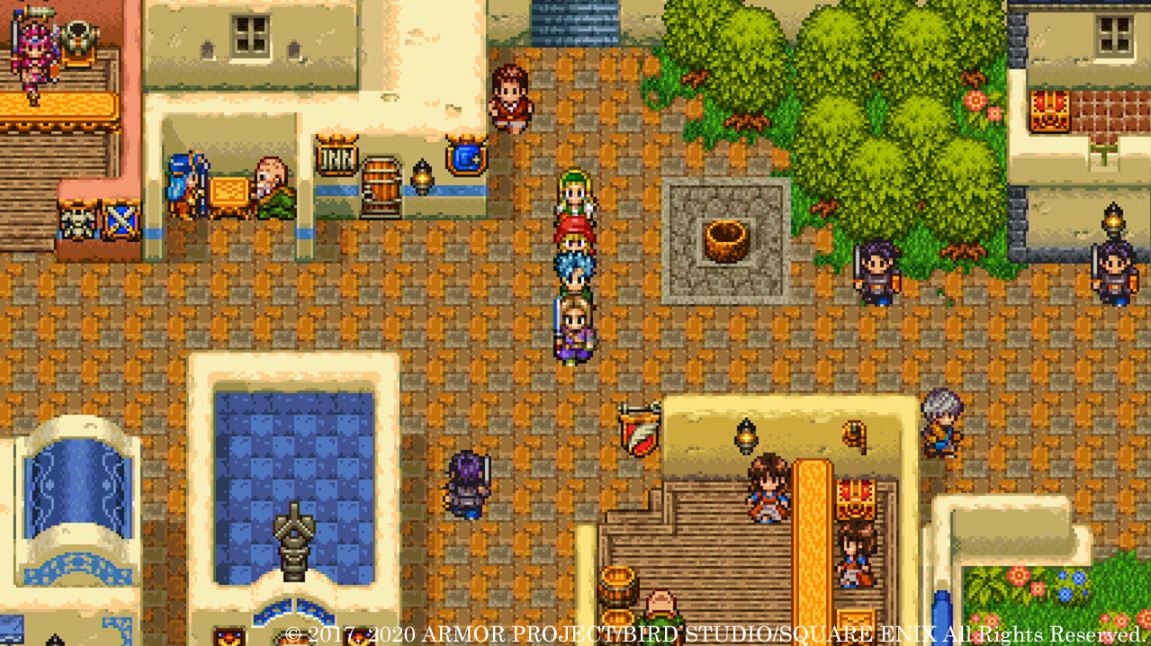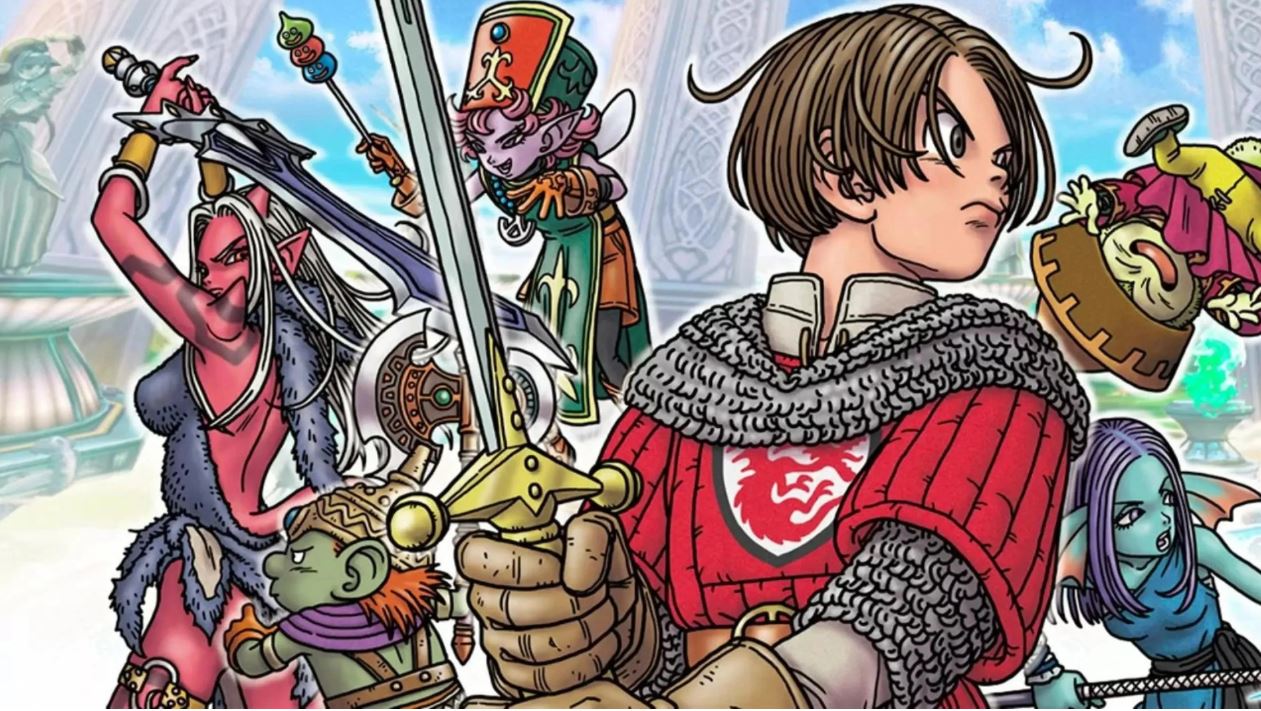Yuji Horii, creator of the Dragon Quest series, recently appeared on a Japanese TV talk show to share some behind-the-scenes stories about how the RPG franchise came to be. Horii appeared together with game director Koichi Nakamura, whom he worked with on Dragon Quest 1, 2, 4 and 5.
As reported by Otaku Soken, Horii finally revealed the origin of a mechanic that has been a part of the Dragon Quest series from the start – losing half of your gold when you die.

It seems the introduction of this system has a lot to do with when and where Dragon Quest originated – the first game released in 1986, and back then, RPGs were not a big thing among Japanese players. Wanting to popularize the RPG genre in Japan, Horii needed to make sure players understood its basic principle – becoming stronger by leveling up. Although it seems like an obvious concept now, this was not the case back then.
The games of the time generally had players lose progress when they died, but Horii wanted to “go easy” on beginners to the RPG genre by introducing a mechanic that would let them keep their progress and EXP even if they died, instead taking away half of their money. The creator was conscious of designing Dragon Quest so that players could continue growing stronger and clear the game without too much resistance, regardless of how many times they died.
So, although losing half of your (rather hard-earned) gold can feel frustrating, this system was actually an act of kindness from Horii. “I decided to keep the penalty at just that,” the creator commented.

The approach has proven successful too, and it has remained part of the Dragon Quest series ever since. As gold isn’t given out very liberally in the games, the potential loss raises the stakes and makes you think twice about tackling that big boss while under-leveled. However, gold can be stored in banks, allowing you to manage the risk and ensure that the aftermath of dying isn’t devastating. This kind of balanced, beginner-friendly approach may be what contributed to Dragon Quest’s acceptance in Japan and its role in popularizing RPGs.





